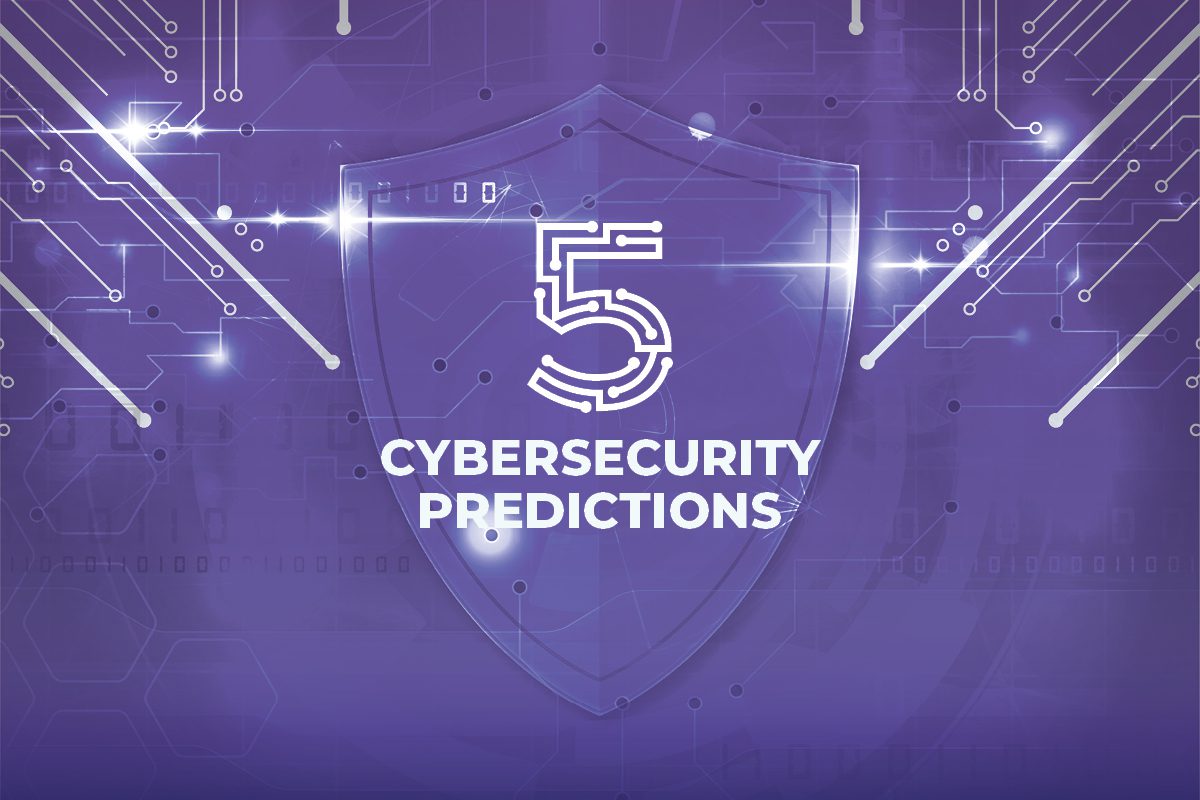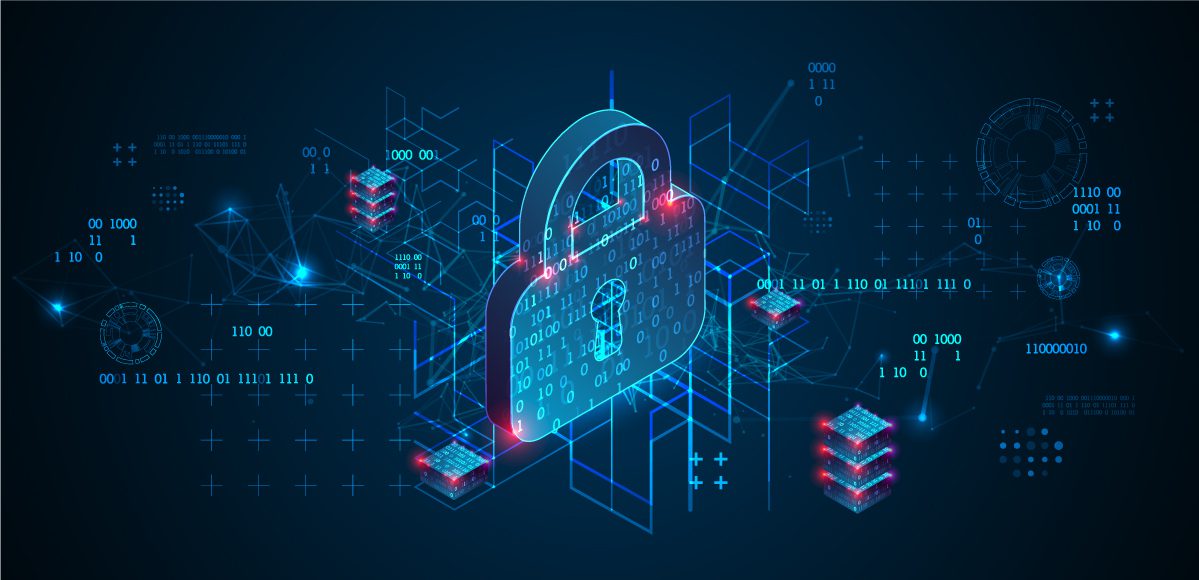When it comes to cybersecurity, compliance is key. Your business’s cyber risk exponentially increases without following a cybersecurity compliance framework. Two of the most used frameworks are NIST and ISO 27001, which provide businesses with a detailed structure for implementing cybersecurity controls. There are also many other industry-specific frameworks, such as HIPAA, CMMC, and more. Not only do these frameworks help reduce your overall IT/Cybersecurity spending, but they also provide many other benefits.
So, what are NIST and ISO 27001?
NIST, or the National Institute of Standards and Technology, created a free cybersecurity framework that is entirely flexible and cost-effective. There is no official auditing process or certification; think of it as more of a general cybersecurity guideline.
The International Organization for Standardization (ISO) also created a compliance framework, but it is less technical and has a certification attached to it, meaning they require auditors and certifying bodies. While there is quite a bit of overlap between them, ISO differs in that it is an internationally recognized standard, while NIST is US-based. Both frameworks are widely recognized as excellent practices to follow.
Increase Your Revenue
Investing in cybersecurity controls to work towards compliance can be costly up-front, but do not let this deter you. Studies have shown that implementing these controls has a significant return on investment in the long term. It does this by cutting energy costs, preventing breaches, downtime, and more.
Secure Your Environment
Perhaps the most significant benefit of compliance is that you are following industry best practices to protect your business. These standards and controls make compliance an ongoing journey rather than a traditional annual checklist. Following best practices is an investment, but it will provide your organization with industry-best security practices to give you the peace of mind you deserve. Implementing these controls will allow your business to identify, prevent, and mitigate threats. In addition, drafting an incident response policy ensures that your business knows what steps to take to manage the risk of a breach occurring.
Protect Your Customers & Reputation
These frameworks can also assist you in identifying and categorizing your most vulnerable and sensitive data. This allows you to understand and prioritize the data that needs to be protected within your environment. Keeping your customer’s data safe is vital for your customer’s well-being and will bolster your business’s reputation.
Avoid Costly Fines, Penalties, and Reduce Audits
Adhering to a compliance framework can protect your business from costly fines and other penalties. You can also improve the efficiency of Audits by complying closely with the required standards. These factors all contribute to a positive return on investment.
Where Do We Fit In?
At Alliant Cybersecurity, our compliance experts are willing and able to assist your business on its path to cybersecurity compliance, no matter the framework. Please reach out to us today to jumpstart your compliance!



